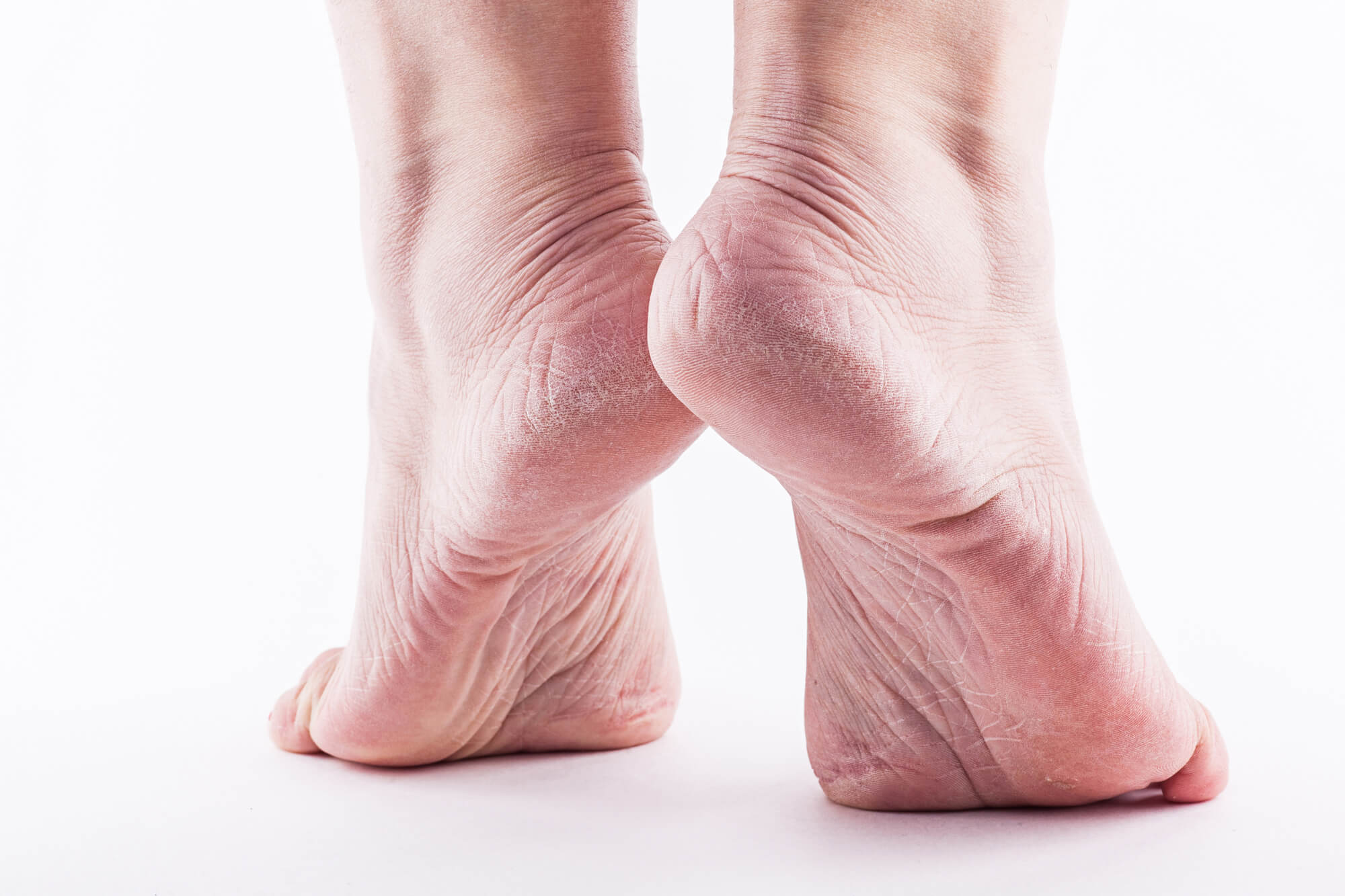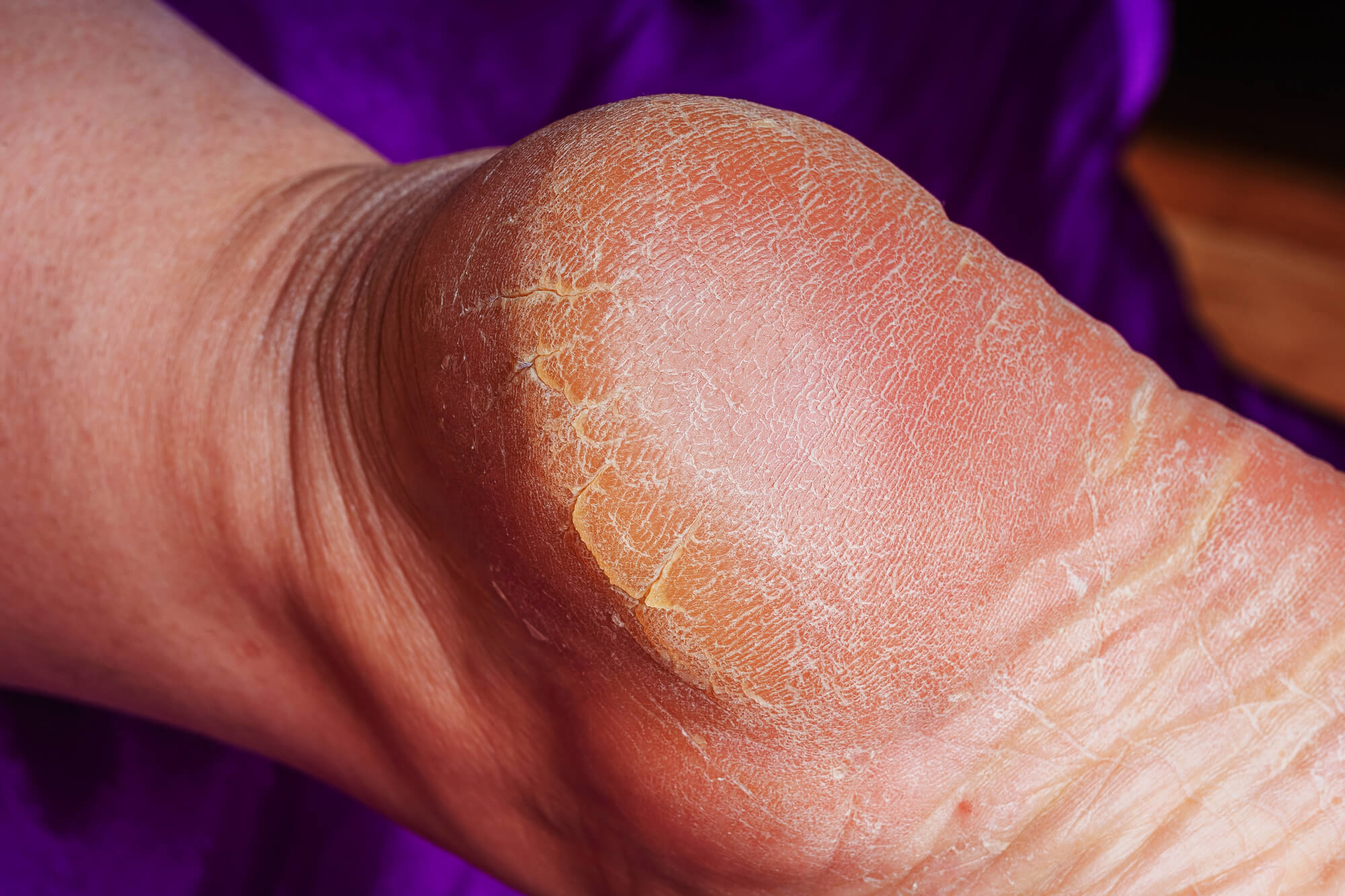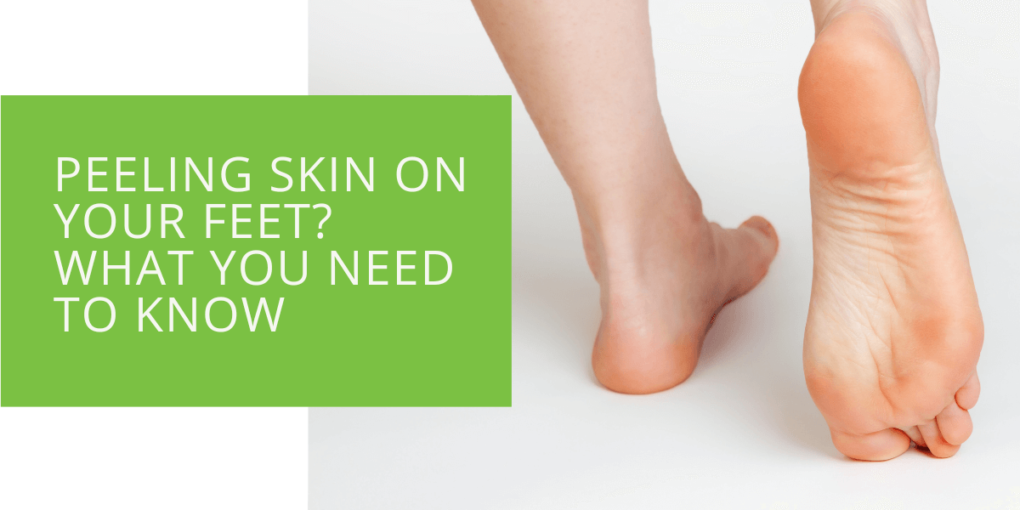Peeling Skin on Your Feet? What You Need to Know
Your feet are your body's foundation and are subjected to a lot of daily wear and tear. It is common to experience various foot problems, such as peeling skin on your feet. Peeling feet can be frustrating and uncomfortable. It can lead to dryness, irritation, and in some cases, pain. This article will discuss what causes peeling of the skin on your feet, the symptoms, and how a podiatrist can help you manage this skin condition.
Common Causes of Peeling Skin on Your Feet
Dry Skin
One of the most common causes of skin peeling on your feet is dryness. The skin on your feet is often subject to more friction and pressure than other parts of your body, which can cause the skin to become dry and flaky. Dry skin can lead to itching and, in severe cases, peeling.
Fungal Infection
A fungal infection such as athlete's foot is another common cause of peeling feet. Athlete's foot is caused by a fungus that grows in warm, damp environments such as shoes or public showers. It can cause the skin on your feet to become red, itchy, and scaly. In severe cases, blisters may form, and the skin may peel.
Eczema
Eczema is a chronic skin condition that can cause peeling, especially on the soles of your feet. It is characterized by dry, itchy, and red skin. Eczema can be triggered by an allergic reaction or an irritant, leading to peeling.
Psoriasis
Psoriasis is a chronic autoimmune skin condition that can affect any body part, including the feet. It is characterized by thick, scaly patches that can peel off. The patches are usually red, itchy, and can be painful.

Contact Dermatitis
Contact dermatitis is a skin reaction that occurs when the skin comes into contact with an irritant. This reaction can cause the skin on your feet to become red, itchy, and inflamed. In some cases, the skin may start peeling. Common irritants include soaps, detergents, and certain fabrics.
Sunburn
Sunburn is a skin condition that occurs when the skin is exposed to the sun for an extended period. It can cause the skin on your feet to become red, itchy, and flaky. In severe cases, the skin may start peeling.
Dyshidrotic Eczema
Dyshidrotic eczema is a skin condition that can cause small, itchy blisters to form on the soles of your feet. In severe cases, these blisters can cause the skin to peel.
Symptoms of Peeling Skin on Your Feet
Peeling skin on your feet is often accompanied by various symptoms that can be uncomfortable and, in some cases, painful. These symptoms may vary depending on the underlying cause of your peeling feet. Some common symptoms include:
Flakey, Scaly, or Peeling Skin
Peeling feet often present with flakey, scaly, or skin peeling. Various factors, including dryness, eczema, psoriasis, and fungal infections, can cause this. The flakes or scales may be small, large, white, gray, or yellow.
Itching and Burning Sensation
Peeling feet can be very itchy; in some cases, you may also experience a burning sensation. Various factors, including dryness, eczema, psoriasis, and fungal infections, can cause itching and burning. Itching and burning can be uncomfortable and may lead to further peeling if you scratch your feet excessively.
Cracked or Bleeding Skin
If your feet are severely dry, the skin may crack and bleed. This can be very painful and increase your risk of infection. Cracks in the skin can also make it easier for bacteria or fungi to enter your body.
Pain and Discomfort
Peeling feet can be painful and uncomfortable. If your feet are severely dry or have an underlying skin condition, you may experience pain or discomfort when walking or standing. Cracks in the skin or infections can also cause pain and discomfort.
Foul Odor or Discharge
Sometimes, peeling feet may be accompanied by a foul odor or discharge. This can be a sign of a bacterial or fungal infection, which can cause your feet to smell or produce an unusual discharge.

When to See a Podiatrist
If you experience severe or persistent symptoms, recurring cases of peeling skin on your feet, skin that becomes infected, a foul odor, or discharge, you should consult a podiatrist. A podiatrist is a medical professional trained to diagnose and treat foot conditions. They can perform a physical exam, take a medical history, and run some tests to determine the underlying cause of your peeling feet. Once the underlying cause is identified, they can recommend a suitable treatment plan.
Prevention and Treatment for Peeling Feet
Preventing and treating skin peeling on your feet is relatively easy. Some preventive measures include:
- Proper foot hygiene and moisturizing
- Wearing breathable footwear
- Using mild soaps and avoiding harsh chemicals
- Taking showers instead of baths
- Drying your feet thoroughly after washing
- Wearing clean socks daily
If a fungal infection causes peeling skin on your feet, your podiatrist may recommend using an antifungal cream or ointment. Antifungal creams kill the fungus that causes the infection, helping to relieve itching and prevent further peeling.
For peeling feet caused by dryness, your podiatrist may recommend using a moisturizer. A good moisturizer can help keep your feet hydrated, reducing the chances of the skin drying out and peeling. For cases of peeling feet caused by eczema, psoriasis, or contact dermatitis, your podiatrist may recommend using a prescription-strength cream or ointment to reduce inflammation and itching.
Sometimes, peeling feet may require more aggressive treatments such as light therapy or oral medications. Your podiatrist can advise you on the best action based on your symptoms.
Conclusion
Peeling skin on your feet can be uncomfortable and frustrating. By understanding the common causes, symptoms, and preventive measures, you can take steps to manage this condition and reduce your discomfort. If your symptoms persist or worsen, consult a podiatrist. They can help identify the underlying cause of your peeling feet and recommend an appropriate treatment plan to get you back on your feet.
Taking proper care of your feet and maintaining good foot hygiene can help prevent skin peeling on your feet. If you notice any signs of peeling, seeing a podiatrist for a proper diagnosis and treatment plan is important. With the right treatment and preventive measures, you can manage skin peeling on your feet and keep your feet healthy and comfortable.

